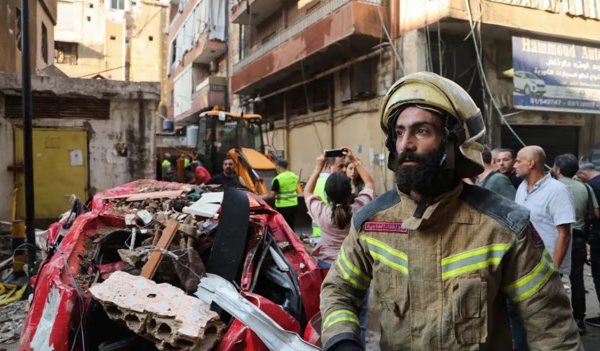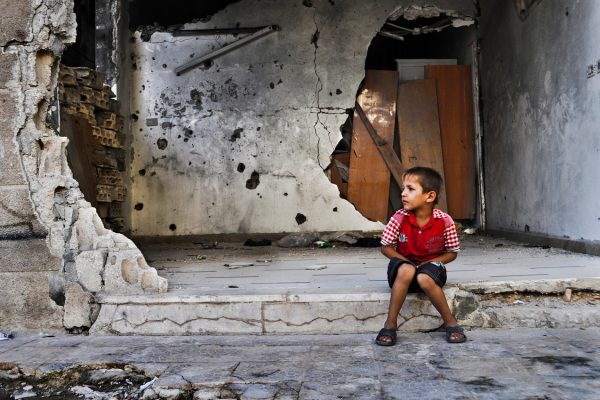Syria’s history alone is enough to warrant support for its people. But what’s left of its history can’t be adequately preserved unless Syrian refugees are uplifted.
Syria’s history alone is enough to warrant support for its people. But what’s left of its history can’t be adequately preserved unless Syrian refugees are uplifted.
As the war in Ukraine continues in its second month and Ukrainian refugees seek asylum, it’s important to remember why the Syrian refugee crisis matters.
Despite Syrian refugees being referred to as “uncivilized,” Syria is home to one of the world’s oldest civilizations. “The old city of Damascus is considered to be among the oldest continually inhabited cities in the world,” the United Nations Educational, Scientific and Cultural Organization (UNESCO) writes.
Syria’s history alone is enough to warrant support for its people. But what’s left of its history can’t be adequately preserved unless Syrian refugees are uplifted. Its culture depends on its refugees surviving to tell their stories. Because of the way news cycles work on some major channels and outlets, the Syrian refugee crisis is quick to be on the average person’s radar and just as quick to fall off.
And although Afghan and Ukrainian refugees require immediate and continuous aid, different refugee groups are often made to compete against each other for international humanitarian intervention. Between those displaced in Syria and those forced to flee the country entirely, more than 13 million Syrians have been made refugees since the crisis began.
The Syrian refugee crisis has been ongoing for more than a decade, and yet it must still be treated with immediacy because of the sheer impact it has had — and continues to have — on lives and livelihoods. Even when coverage in major news outlets fades away shortly after each new story emerges from Syria, the conflict rages on.
Humanitarian organizations like Zakat Foundation of America continue to provide both short-term and long-term aid to Syrian refugees in Jordan, Lebanon, Turkey, and beyond.
Zakat Foundation of America’s work in Syria predates the crisis but has grown since 2011 to provide millions of dollars in aid. The humanitarian organization implemented the Muhammad Ali Safe House for widows and orphans. The apartment complex provides a safe living space with learning facilities for Syrian refugees in Gaziantep, Turkey. Also in Gaziantep is Zahraa University, a Zakat Foundation of America project led by and for Syrian refugees to continue their higher education.
At least 3,000 refugee children attend Zakat Foundation of America-sponsored schools in Turkey at both the primary and secondary levels. Zakat Foundation of America education programs at those schools employ some 300 teachers and staff, all refugees.
And in Hatay, Turkey, Zakat Foundation of America’s free Sigharuna Kibaruna (Our Little Ones, Our Venerable Ones) Clinic, hundreds of Syrian refugee children receive treatment for sensory and brain trauma from physical injuries sustained in the ongoing war. We administered specialized care to other children for severe emotional trauma suffered from the violence of war and the unthinkable catastrophes they have witnessed with their innocent eyes.
Zakat Foundation of America’s refugee empowerment program doesn’t just focus on immediate relief and aid for refugees, it is about allowing refugees to have a chance to heal and rebuild their lives.





